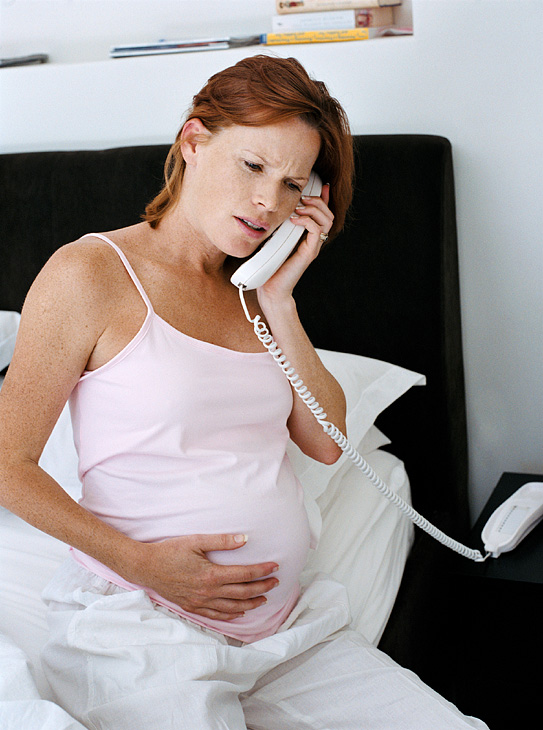 Published 10:57am Monday, January 31, 2011
Published 10:57am Monday, January 31, 2011
ROANOKE RAPIDS – Halifax Regional Medical Center is restricting visitors because of an increase of patients with flu symptoms.
In the past two weeks, the increase in patients with flu symptoms to the Emergency Care Center has increased 40 percent. in addition, there is an increase of inpatients with the flu virus.
“We are concerned that exposing people to the flu virus will increase the incidence in the community,” said Will Mahone, president of Halifax Regional. “We especially urge parents not to bring well children to the Emergency Care Center, where sitting in the waiting room may expose them to viruses.
“We understand the value of family and friends visiting their loved ones, but we believe these restrictions are necessary at this time to help keep the community healthy,” added Mahone.
The restrictions are being placed on people who are at high risk. they include the following:
Children 5 years of age and under are not allowed in the Medical Center.
Older children and teens are asked not to visit because of the high rate of flu among young people.
Pregnant women are discouraged from visiting.
Adults 65 and older are requested not to visit the Medical Center. “We suggest that adults visit by phone,” Mahone said.
Only one adult will be allowed with a patient in the Emergency Care Center.
People who are ill should not visit Halifax Regional, unless they are seeking treatment. Those who do visit should use proper hand hygiene. the Medical Center has placed hand sanitizers at the main, outpatient and Emergency Care Center entrances.
“Flu viruses spread mainly from person to person by coughing and/or sneezing,” said Susan Bullock, infection control nurse. “Sometimes you may catch the flu by touching something that has been infected with the virus and then you touch your nose or mouth.”
Halifax Regional recommends anyone with flu symptoms stay home and avoid contact with others as possible.
Symptoms include fever, cough, sore throat, body aches, chills, fatigue, running or stuffy nose, headache, diarrhea and vomiting.
“Most people will recover from the flu in about a week without any lasting effects,” Bullock said.
If you are sick, call your medical provider before seeking care in person.
“If you are at risk of complications or concerned about your illness, call your medical provider,” said Bullock.
Conditions such as diabetes, lung disease and others may cause you to become more seriously ill than others. When in doubt, call your health care provider.
If you must leave home, you should cover your mouth and nose when coughing or sneezing.
Stay away from work, school or community activities for 24 hours after your fever has returned to normal without medication.
You should come to the Emergency Care Center if you have the following conditions: Difficulty breathing or shortness of breath, pain or pressure in the chest or abdomen, sudden dizziness, confusion, severe or persistent vomiting, flu-like symptoms that improve and then return with fever and more severe cough.
“The emergency room gives priority to people with true medical emergencies. more patients with mild cases of the flu increase the wait time for everyone,” Bullock explained. “Unless you are very sick, you probably do not need to come to the emergency room.”
For more information, visit halifaxregional.org.
(Reprinted with permission from Lance Martin, Publisher and Editor of rrspin.com.)